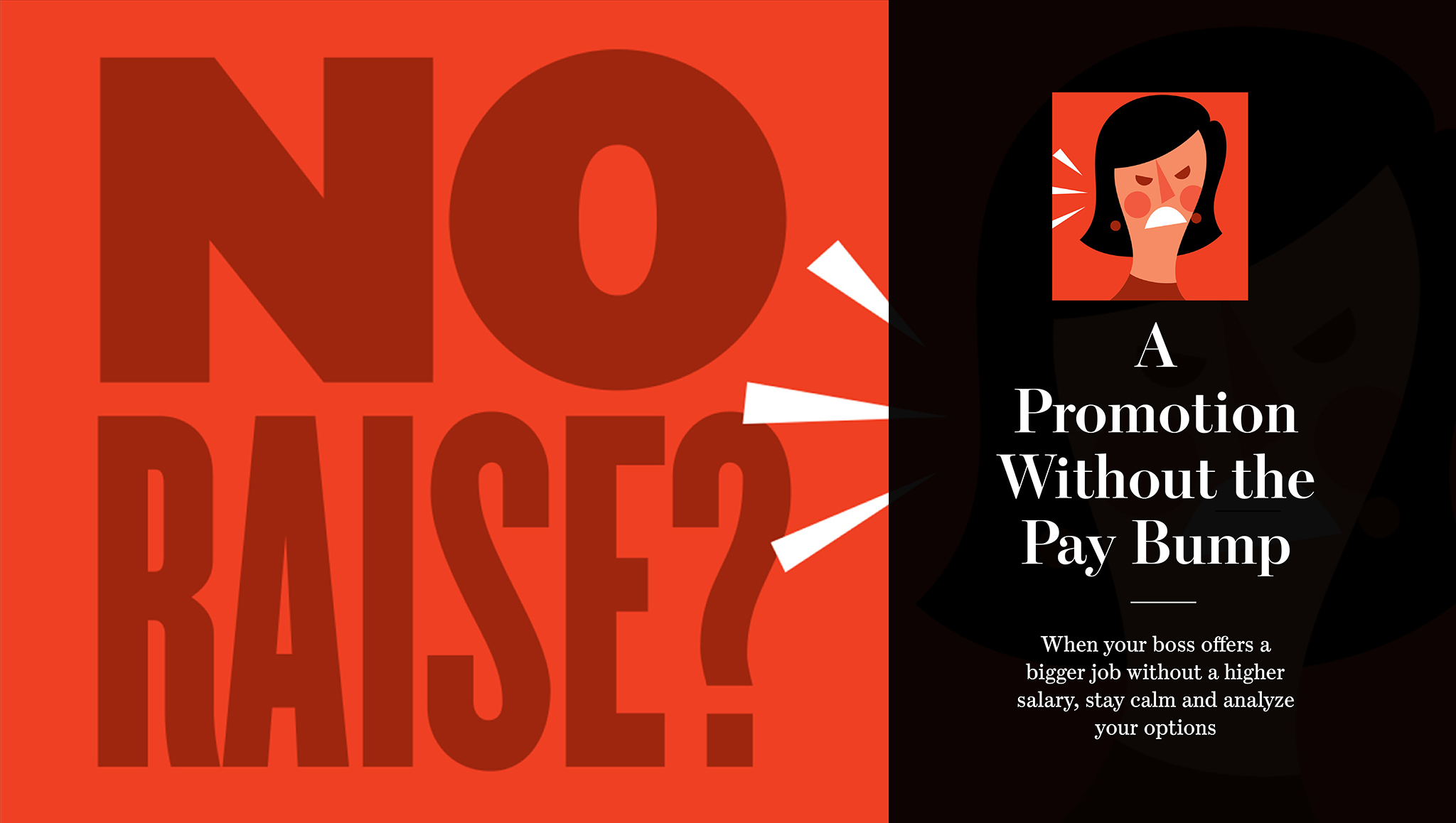In the ever-evolving landscape of employment, a new phenomenon has emerged – dry promotions. While traditional promotions evoke feelings of excitement and accomplishment, dry promotions leave employees feeling under whelmed and disillusioned. But what exactly are dry promotions, and why are employees less than thrilled about them?
Dry promotions occur when an employee is given a title change or increased responsibilities without a corresponding increase in salary, benefits, or recognition. Essentially, it’s a promotion in name only, lacking the substance that typically accompanies such advancements in one’s career. Instead of a appreciable reward for hard work and dedication, employees are handed a hollow gesture that does little to improve their job satisfaction or financial well-being.
One of the main reasons behind the rise of dry promotions is the increasingly competitive nature of the job market. Employers are under pressure to retain top talent and incentivize employees to stay with the company. However, instead of offering meaningful raises or bonuses, some companies resort to superficial tactics like title changes to appease their employees.
From an employer’s perspective, dry promotions may seem like a cost-effective way to keep employees engaged and motivated. After all, a change in title can provide a temporary moral boost and a sense of progression without denting the company’s budget. However, this short-sighted approach often backfires, leading to decreased morale, increased turnover, and a damaged employer brand in the long run.
For employees, the consequences of dry promotions are far-reaching. Beyond the initial disappointment of realizing that their hard work hasn’t been properly acknowledged, they may also face challenges in negotiating salary increases in the future. A stagnant title paired with stagnant compensation can make it difficult for employees to advance their careers and reach their financial goals.
Moreover, dry promotions can create resentment and discord within teams. When some employees receive promotions without any real benefits, it can breed feelings of unfairness and inequality among their colleagues. This, in turn, can erode trust in leadership and negatively impact teamwork and collaboration.
So, what can be done to address the issue of dry promotions? Employers need to recognize that true employee engagement and retention require more than just superficial gestures. Instead of focusing solely on titles, they should prioritize fair compensation, opportunities for growth and development, and a supportive work environment.
Additionally, employees should feel empowered to advocate for themselves and communicate their needs and expectations to their employers. By fostering open and transparent dialogue, both parties can work together to ensure that promotions are meaningful and mutually beneficial.







